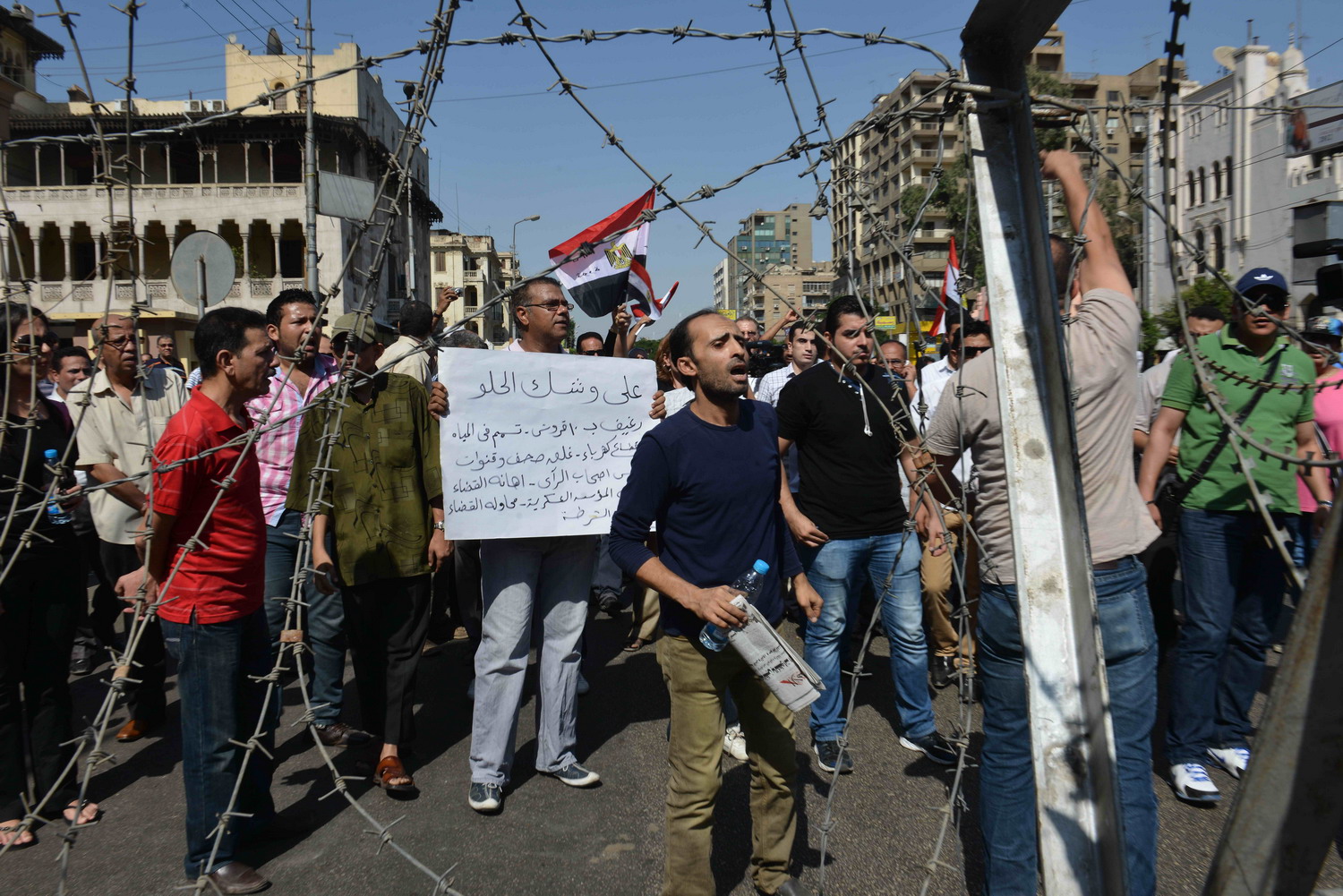CAIRO: A seminar organized last week at the Supreme Council of Culture called for streamlining relations between Egypt and Iran in a bid to contain the current political conflicts in the Middle East.
The seminar coincided with a visit by former Iranian president and head of the Dialogue of Civilizations Mohamed Khatami who said in speeches he made at the Bibliotheca Alexandrina and Al-Azhar that Iran and Egypt are “the two wings of the Islamic nation , whose joint efforts are necessary to save the nation from impending danger.
But Egyptian-Iranian relations have oscillated between trust and mistrust.
Participants highlighted the historical relations between the two countries before going on to focus on more vital issues such as Iran’s nuclear file and Gulf security, two sensitive subjects likely to become major features of future bilateral relations.
Moderating the seminar, Sayed Fileifel explained that the ongoing war in Iraq has opened Arabs’ eyes to the fact that they are confronting three major strategies which jeopardize their territories.
“The first is the West which remains strongly tied to the second, that is, the Jewish ambitions in the region. The third is Iran, which should also be taken into consideration even when it clashes with the West, one of some Arab countries’ major allies, Fileifel said.
He continued: “But in the midst of such clashes we should be aware that while the Arabs are spooked by the Iranian nuclear project, Israeli nuclear power has been a real threat for decades. While we are concerned that Iran is persevering to export its revolution, we must remember that we are being swept over by a strong tide of globalization that is putting both our economy and culture at risk.
He stressed that there is a need to let bygones be bygones, referring to the diplomatic crisis triggered between the two countries when a street in Tehran was named after the man who assassinated late President Anwar Sadat, Khaled El Islamboli.
Iran’s ambitions to export the principles of its revolution have subsided, said Fileifel, adding that “it’s about time to seek cooperation with a country of such regional weight to resolve the current conflicts.
Mohamed Saeid Abdel Momen, an expert in Iranian affairs, pointed out that the rapport between the two countries has for the most part been a result of coincidence rather than political strategies.
Abdel Momen noted: “Whenever the horizons were clear for cooperation, an obstacle always emerged to thwart it.
He added: “The changing Western political stance towards Iran and the conflicts of that regional power with Arab countries have destabilized bilateral relations. But no matter how different our views are, it’s urgent for both parties to start serious negotiations to reach an agreement over a number of issues.
The new approach, he continued, should not be seen as a new phase of understanding but rather as a requirement to facilitate closer bilateral ties.
One of the key issues is the idea that Iran wants to export its revolution. This has become mixed up with the cultural aspects of cooperation as well as with Egypt’s security concerns, said Abdel Momen.
But some experts ruled out the possibility of Iran successfully spreading the revolution’s principles due to the basic difference of wilyat al faqih (the rule of the clergy) that is rejected by all Sunni Muslims.
“But the security of the Gulf is a sensitive question that continues to govern relations with Iran, remarked Ahmed Ibrahim of the Al Ahram Center for Political and Strategic Studies.
Ibahim believes that this file overshadows other differences that are no less complicated.
“The clash of interests over the Gulf will certainly determine future developments of Egyptian-Iranian relations.
Egypt is a major regional power, he said, and as an Arab country it has taken on the responsibility of safeguarding the security of Gulf nations at a time when competition over the area has reached a peak.
“We shouldn’t forget that Egypt has to pursue its own interests in the region that conflict more often than not with those of the Persian state on issues of security, Iran’s expansion in the region, the way Egypt views the Iranian nuclear issue, Egypt’s economic interests in the Gulf and Egypt’s rapport with the US, all of which will determine the direction of both countries’ relations.
But despite concerns about the specter of enmity, analysts underlined that the common history both countries share as well as the recognition of the Shia sect by Al-Azhar are likely to open doors of reconciliation with a nation that will forever be a significant part of the region.
Many remarked that historically Egypt was inspired by Iran. When Arab leader Gamal Abdel Nasser nationalized the Suez Canal reformed agricultural laws, he was influenced by the late Iranian Prime Minister Musadak, who had nationalized the Iranian oil company in the beginning of the 1950s.
Similarly the Egyptian revolution has remained an inspiration for millions of Iranians who were guided by Nasser’s ideals, and in spite of the setbacks that marked bilateral relations during the Shah’s time, the fire of revolutionary Iranian nationalism remained fuelled by Nasserist thought.


